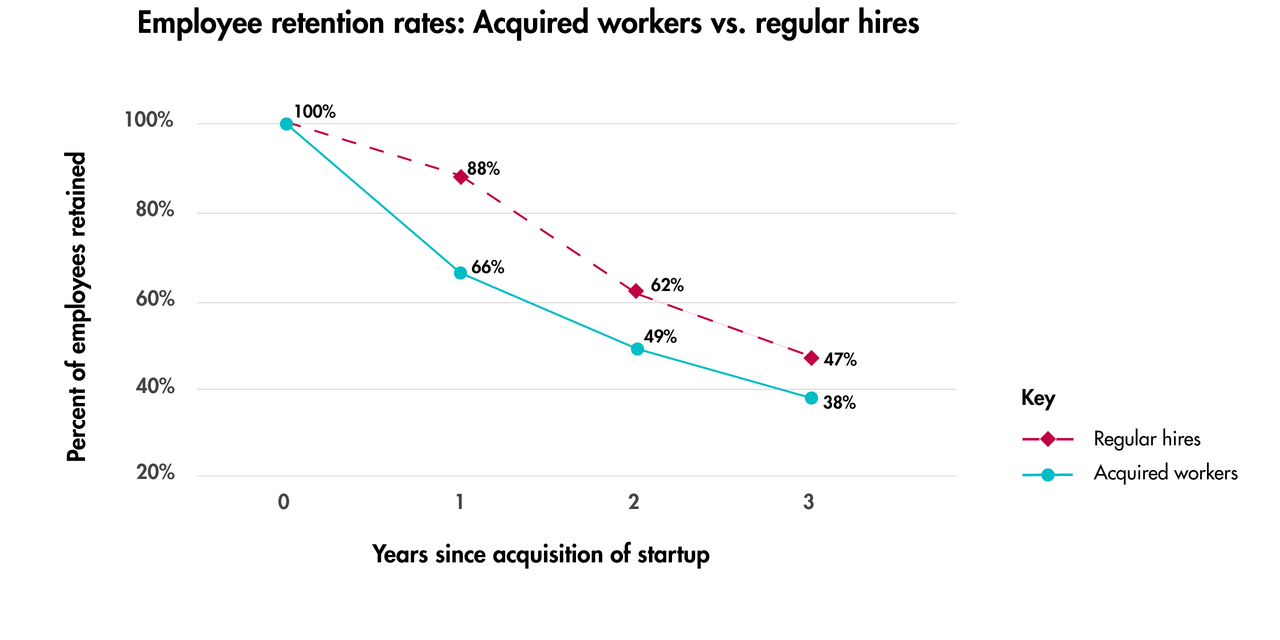Gig Jobs vs. Full-Time and Revenue Sharing – Boston News

Let’s explore some of the most interesting stories that have emerged from Boston business schools this week.
Should It Be a Gig or a Job? – Questrom School of Business News
New research from Boston University Questrom School of Business‘ Associate Professor Andrei Hagiu and National University of Singapore’s Julian Wright examines how firms classify an employee versus an independent contractor, and how this relates to revenue sharing.
Hagiu notes that this classification greatly depends on the amount of decision-making power that firms cede to workers—and that appropriate revenue sharing should follow suit.
“In many cases, the share of variable revenue that is retained by workers is a good proxy for whether they can be considered independent contractors or regular employees,” says Hagiu.
The research notes:
“Firms that wish to classify their workers as independent contractors and provide a higher share of transferable decisions to workers should be paying them at least half of variable revenues. Firms that pay less than half of variable revenues to a worker should likely employ the worker, but provide a lower share of transferable decisions to workers.”
You can find out more from the research here.
Your Acquired Hires are Leaving and Here’s Why – MIT Sloan Ideas That Matter
Large companies often acquire startups in order to eliminate competition, with the added benefit of gaining skilled and innovative workers. Unfortunately, new research from MIT Sloan doctoral candidate Daniel Kim shows that this “acqui-hiring” strategy is not as effective as some think.
According to Kim’s paper, “Predictable Exodus: Startup Acquisitions and Employee Departures,” within the first year of a company’s acquisition, 33 percent of acquired workers left, compared to 12 percent of regular hires.
While those percentages tend to level off over time, in the three-year window Kim studied, acquired workers were 15 percent more likely to leave than new hires. This exodus is largely due to an organizational mismatch and new hires’ lack of agency.

Employment retention data, courtesy of Meredith Somers at MIT Sloan.
“People who work at startups join a startup for a reason,” Kim says. “Primarily they want to be in a very entrepreneurial, scrappy organization. But once they get acquired by a big firm, that is in direct opposition with the preferences that they have.”
You can read more about Kim’s research here.
The Accidental Restaurateur – Carroll School of News
Joe Essa, BC Carroll Alum ‘79, told the Carroll School of Business Blog that it was “a bit of a fluke” that he ended up becoming a successful restaurateur and ultimately the President and CEO of Wolfgang Puck Worldwide, overseeing more than 50 eateries across the nation along with licensing Puck’s cookbooks, canned soup, and other consumer products.
In 1983, when tending to his ill father in Greensboro, Essa was approached by a real estate developer friend, who needed a restaurant to complete a shopping center project. Café Pasta, Greensboro’s first casual Italian restaurant, was born.
Essa refers to the curriculum he learned at Carroll to keep him on track: “I always drew upon my accounting training … I knew you had to end up with some money in the bank! So I was very disciplined in that regard from day one.”
Eventually Essa sold his share of Café Pasta and came to work with Wolfgang Puck in 1999. He spoke passionately about his eclectic role within the organization.
“It’s not just one kind of dining, it’s many different kinds of restaurants, different cuisine. And then looking into the leases, license agreements, and marketing and promotion for all those businesses. And the people you get to meet along the way are fascinating. You get up every day and it’s different, it’s exciting, and it’s humbling. I just count my blessings.”
Click here to find out more about Essa’s life and career.
MIT Sloan Debunks Entrepreneur Myths, and More – Boston News

Let’s explore some of the most interesting stories that have emerged from Boston business schools this week.
The 20-Year-Old Entrepreneur is a Lie – MIT Sloan Newsroom
MIT Sloan School of Business professor Pierre Azoulay and Ph.D. student Daniel Kim used a new working paper as an opportunity to debunk the myth of the 20-year-old Silicon Valley tech-prodigy entrepreneur. The reality is that the average age of successful entrepreneurs veers closer to 42. Azoulay elaborates:
“If you knew nothing else, and you had two identical ideas, one proposed by a very young person, one proposed by a middle-aged person, and that’s the only thing you have to go on, you would be better off—if you wanted to predict success—betting on a middle-aged person.”
Kim adds: “In theory, we know that with age a lot of benefits accumulate. For instance, you get a lot of human capital from experience, you also get more financial resources as you age, as well as social connections, all of which will likely boost your odds of success as an entrepreneur.”
Read more about the duo’s research here.
Case Study: Can This Japanese Snack Food Company Break into the U.S. Market? – Harvard Business Review
As part of a fictionalized case study, HBR recently published a profile on Kenko USA, the American subsidiary of Japan’s largest rice cracker producer, about its ongoing plans to enter the American market. Kenko USA hopes to become synonymous with rice crackers much in the same way that Kikkoman became inextricably linked with soy sauce.
In 2012, Riku Nakamura relocated from Tokyo to San Mateo, California to oversee the launch of Kenko’s first foreign subsidiary. According to the article, “Riku knew that the key was to expand beyond Asian supermarkets and grocery stores’ “international” sections and get Kenko crackers into the snack aisles of mainstream U.S. food outlets, but his team’s efforts had yet to bear fruit.”
You can read the entire case study here.
Hybrid Strategy Leaves Auto Industry Leaders Playing Catch-up, Professor Says – D’Amore McKim News & Research
There’s quite a bit of chatter within the auto industry about the so-called “hybrid trap” in which established industry leaders have been forced to catch up to the hybrid strategies of more aggressive startups to varying degrees of success.
Northeastern University D’Amore-McKim School of Business‘ Jean C. Tempel professor of entrepreneurship and innovation Fernando Suarez explored this phenomenon in detail as part of an MIT Sloan Management Review article. He elaborates:
“Most established corporations follow the hybrid approach because it gives them peace of mind. It allows incumbents to convince themselves that they’re responding to technology-driven transformation in their industry when, in fact, they’re losing ground. They fall back on learned patterns, which slows development. When you are serious about going the route of new technology, you have to rethink all of your designs and processes.”
Read more about Suarez’s research here.
